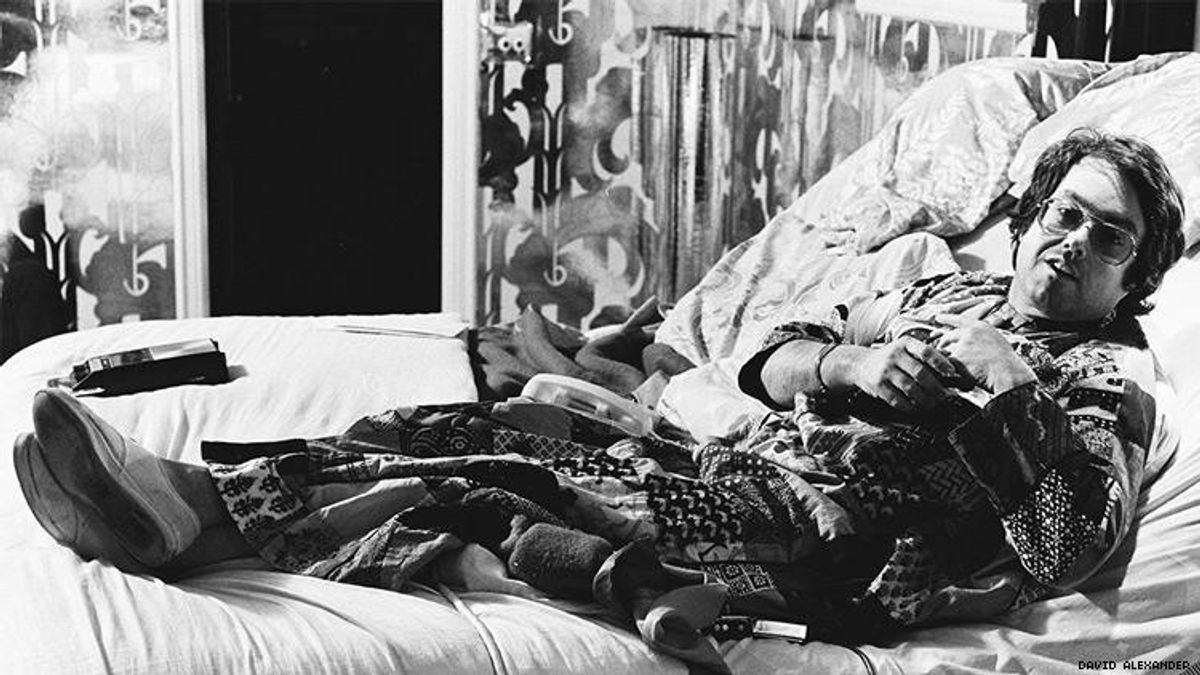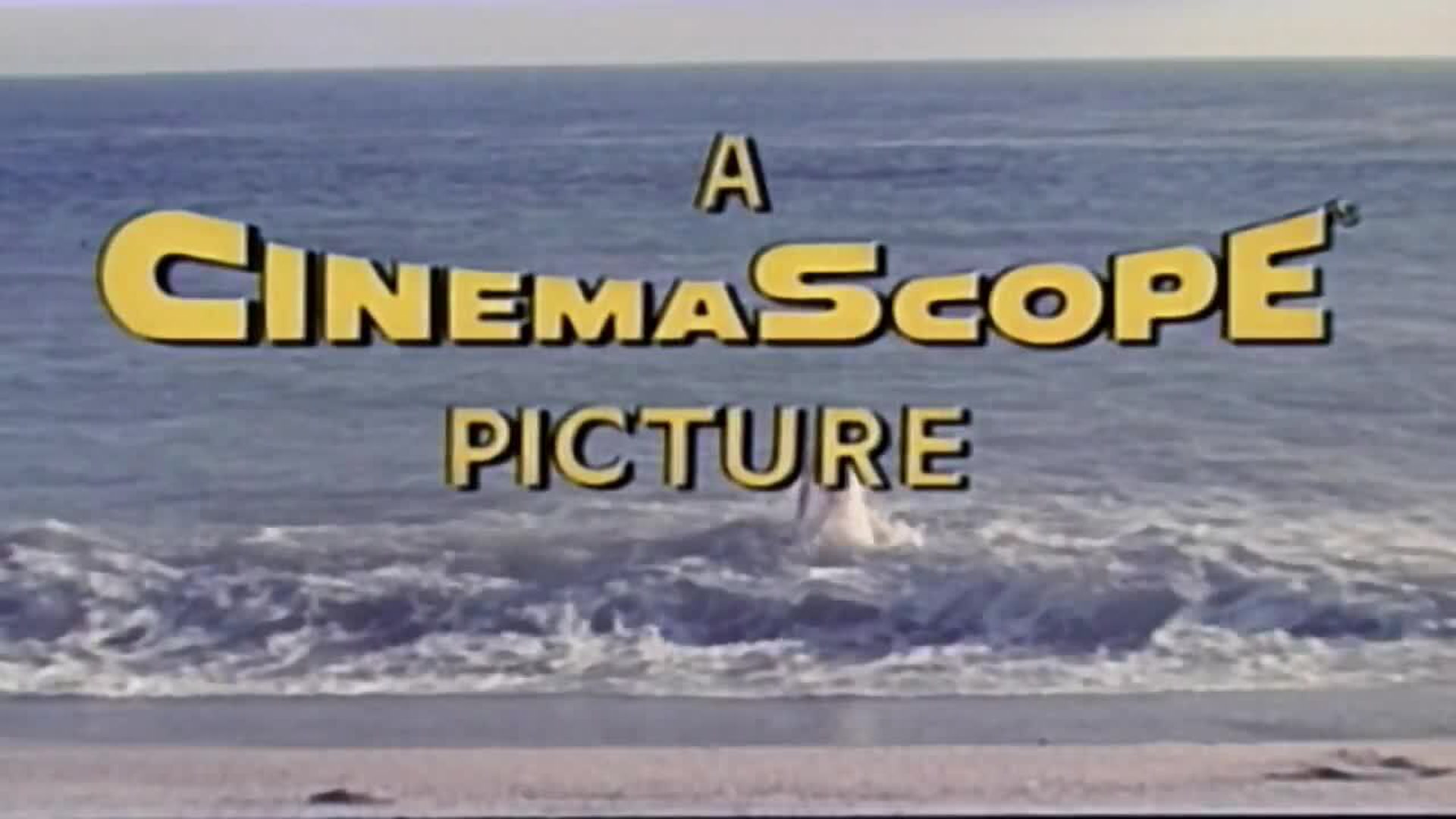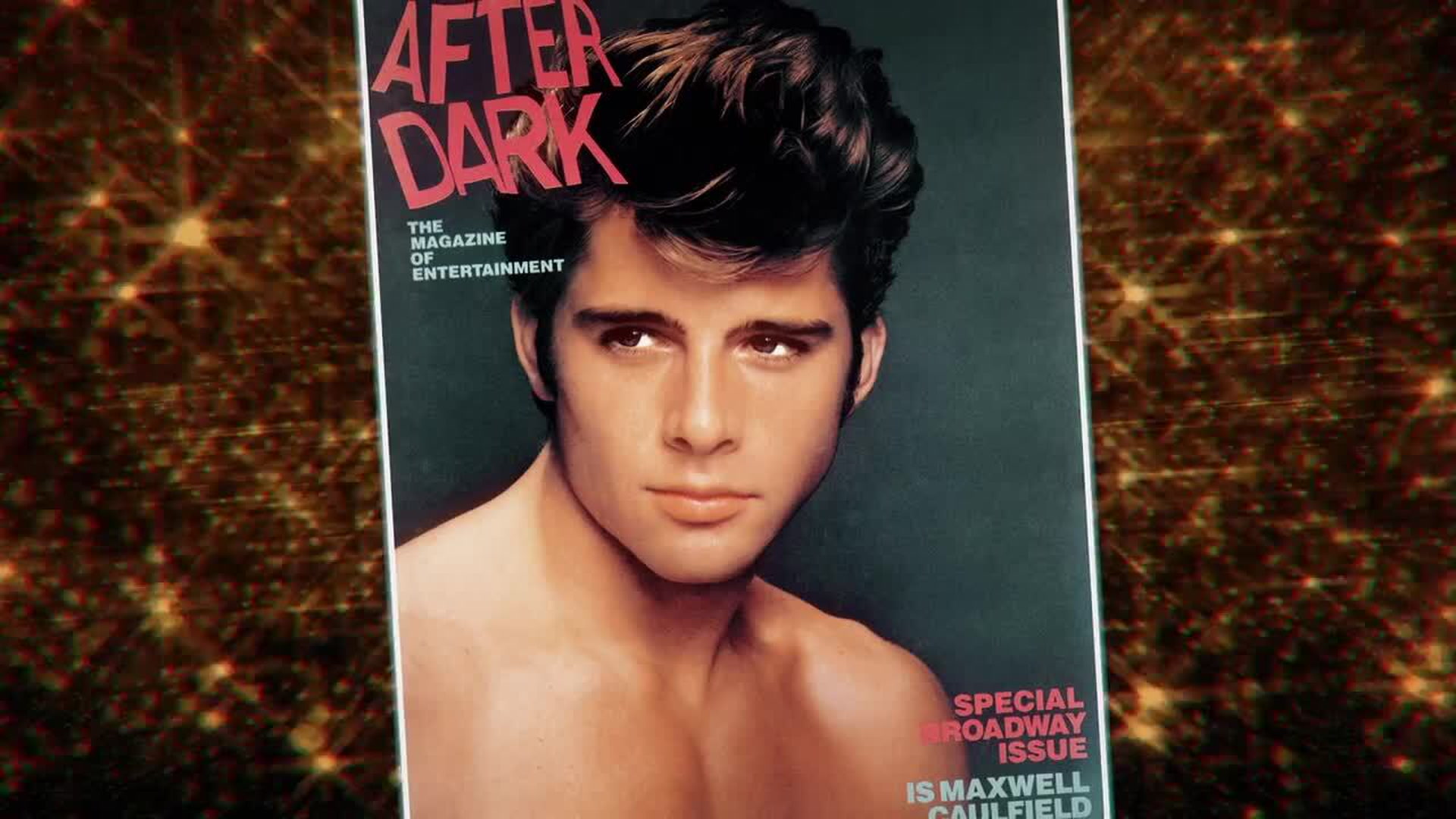Documentarian Jeffrey Schwarz first saw the name of Allan Carr when, as a child, he saw Grease -- the campy 1978 musical film starring John Travolta as a bad boy and Olivia Newton-John as a good girl who fall in love in their senior year of high school. Carr was listed as a producer in the credits.
"I knew the name from seeing it on the screen, but I didn't know that he was responsible for Grease or even who he was. I just loved Grease. I was obsessed with it, like we all were back in the day," recalled Schwarz, 48.
Over the years, several of the producer's other projects caught Schwarz's attention -- Can't Stop the Music, the 1979 musical film starring the Village People and Bruce (now Caitlyn) Jenner; the 61st Annual Academy Awards, where Rob Lowe infamously sang a parody of "Proud Mary" with Snow White; the 1983 production of La Cage aux Folles, which brought gay lives to Broadway in the midst of the AIDS crisis.
Yet Schwarz had not "connected all the dots" of Carr and his career until he read Party Animals. The 2010 book by Robert Hofler chronicled how a musical-obsessed Jewish boy named Allan Solomon from Chicago became a famous Hollywood producer named Allan Carr.

Carr touched many lives in Tinseltown, and his influence changed the entertainment industry. As a producer, he was known equally for the heights of his hits (Grease) as well as the lows of his flops (Can't Stop the Music, Grease 2). As a manager, he revitalized the career of Ann-Margret. His productions launched the film careers of Olivia-Newton-John and Michelle Pfeiffer. His promotional acumen helped land The Deer Hunter an Oscar as Best Picture of 1978 through a buzzy publicity plan, which has become the standard operating procedure for marketing during awards season. Carr also threw extravagant (and substance-fueled) parties at his home, where celebrities mingled with beautiful gay men.
After reading Party Animals, Schwarz knew he wanted to make a documentary about Carr. The gay filmmaker is known for chronicling queer lives in films like Vito and I Am Divine, and Carr's story -- of a closeted, caftan-wearing producer whose flamboyance shook up Hollywood -- was right up his alley.
"I'm attracted to bigger-than-life characters," said Schwarz, particularly those, like the drag queen Divine, who invent a persona to "overcompensate for some insecurities they might have."
With the permission of Hofler, who was a friend, Schwarz began creating the documentary: The Fabulous Allan Carr,which was released on VOD this month. There was no shortage of material for the 90-minute film. Carr, a celebrity in his own right, was ahead of the curve in self-marketing. He frequently appeared on The Merv Griffin Show and even engineered a making-of special about Can't Stop the Music that aired on prime-time television.

The documentary also includes interviews with actors like Steve Guttenberg, Lorna Luft, and director Brett Ratner, who now lives in Carr's former residence, a home also once owned by Ingrid Bergman. Where footage was missing, Sean Nadeau created animations, with Chloe Sevigny impersonator Drew Droege providing vocals for Carr. "That was a lot of fun to do because Allan Carr is a cartoon character in a lot of ways," said Schwarz.
Carr was not out as a gay man during his lifetime. Born in 1937, he was part of what Bruce Vilanch, a talking head in the film and a writer of the infamous Oscars show, called a "gentleman's agreement," where a person's gay identity might be known in Hollywood but is never spoken about in public. The repression of Carr's sexuality was but one of the demons he battled in his lifetime, but it was also what propelled him into the limelight.
"He couldn't express himself and he was overweight, and he wasn't conventionally attractive, and ... as Lorna Luft says in the film, he wanted to be Rock Hudson, but he couldn't be that. So he just decided to become this bigger-than-life character that couldn't be ignored. And there's pain behind that, you know?" Schwarz said.

While it may have caused him pain, Carr's queer identity is part of the DNA of his productions. "Grease has a gay sensibility, there's no doubt about it. [Carr] envisioned Grease as this sort of candy-colored campy world, which was not how it was portrayed onstage at the beginning. It was much more gritty and rough onstage," confirmed Schwarz, in reference to the original musical on Broadway.
Yet as evidenced by the recent Emmy-winning Grease: Live! televisedstaging on Fox, Carr's campy vision is the version that endures in the cultural memory. And while there may be no overtly LGBT characters in the production, the queer elements are there for those who know where to look. In addition to Carr, Grease had a gay director, Randal Kleiser, and many gay production members behind the scenes who helped make the campy classic what it is today.
"I think [for] most people who see Grease, it would never dawn on them that there's anything gay about it. And they're right because there really isn't," Schwarz said. "But then if you look at it through that lens, I mean, there's lots of boys in tight pants running around. There's this homoerotic nature. There's boys wrestling. There's Olivia Newton-John. Hot pants. Everything about it [is queer]."
"And that's Allan Carr. ... I wouldn't call him an activist at all, but through his work he subliminally made being gay more acceptable. I really do believe that," he said.
This queer sensibility is something Hollywood could learn from today. When Carr was making films in the 1970s and '80s, the country was recovering from traumatic events -- the Vietnam War and Watergate, to name a couple. Recognizing that people needed some cheer in their lives, he turned to what made him happy in his youth: the musicals of old Hollywood. With Grease, Carr sought to create a film that would "reinvigorate" the genre.
"If Allan Carr were around today, I'm sure he would look at the world around us and how much anxiety we're going through right now as a country and as a world and try to find ways to take our mind off our troubles, which is what Hollywood does best --or used to do best," said Schwarz. Comparatively, Hollywood films today take themselves too seriously, with notable exceptions like the upcoming musical sequel to Mamma Mia!, which is purely "Allan Carr territory," confirmed Schwarz.
Grease went on become a global hit, grossing $394,955,690 worldwide to become the most successful musical ever at the box office. It was also a cultural phenomenon, whose songs became part of "the national consciousness," as Alonso Duralde, a film critic for The Wrap, notes in the documentary. This success launched Carr as a major player in Hollywood. But the high wouldn't last. Grease 2 was a flop, as was Can't Stop the Music, the first film to win a Worst Picture Golden Raspberry Award.
The 61st Academy Awards put the final nail in the coffin of Carr's film and television career. As the producer of the show, Carr envisioned a grand love letter to the old Hollywood he revered. But his over-the-top opening number, inspired by the San Francisco musical revue Beach Blanket Babylon, sparked outrage among members of the Academy of Motion Picture Arts and Sciences. Prominent actors like Julie Andrews and Paul Newman signed an open letter that called it "an embarrassment." After the backlash, Carr never produced in TV or film again.
Schwarz sees homophobia as part of the backlash to the show. He agrees that there is some irony in the industry embracing the campy success of Grease and then blacklisting Carr for bringing that queer sensibility to Hollywood's biggest night. This incongruity may be evidence of a generational divide.
"We're just living in a different world right now," Schwarz reflected. "I wonder if that [queer] sensibility is passed down. And I wonder if it's not a given that a lot of gay kids are going to love Judy Garland musicals the way it was a given of gay people of Allan Carr's generation."
Carr died in 1999 of liver cancer at age 62. Fortunately, before he passed, he was able to attend the celebration for the 20th anniversary of Grease. Friends say in the documentary that the event was the happiest they had seen Carr, who had been battling depression since his fall from grace, in years.
This weekend, Grease marks the 40th anniversary of its release. As fans celebrate the campy classic, Schwarz hopes that they remember the gay man who helped make it. "Allan Carr is certainly not somebody that most people have ever heard of, but he left so many cultural touchstones behind," he said. "I think he made a huge impact on our world, and I felt like that needed to be acknowledged and celebrated."
The Fabulous Allan Carr is now out on iTunes. Watch the trailer below.
























































































